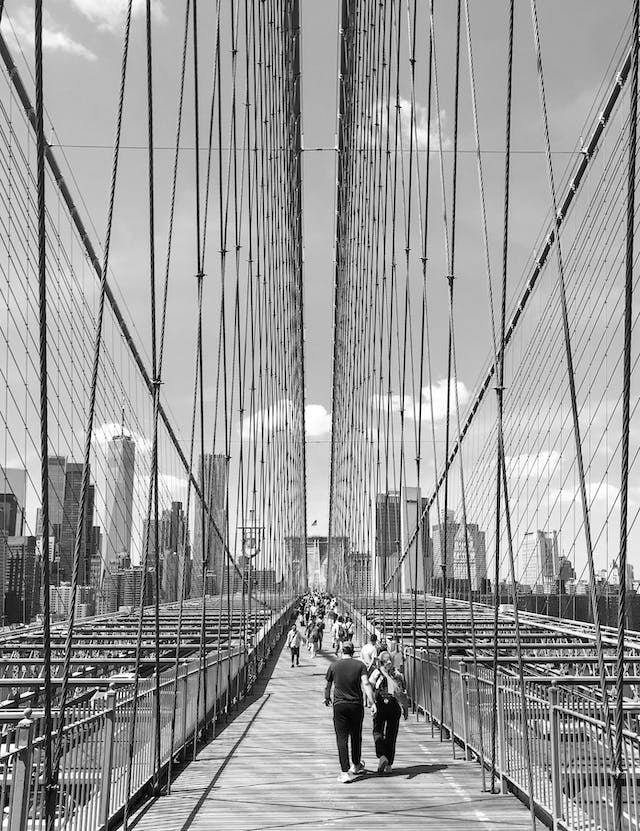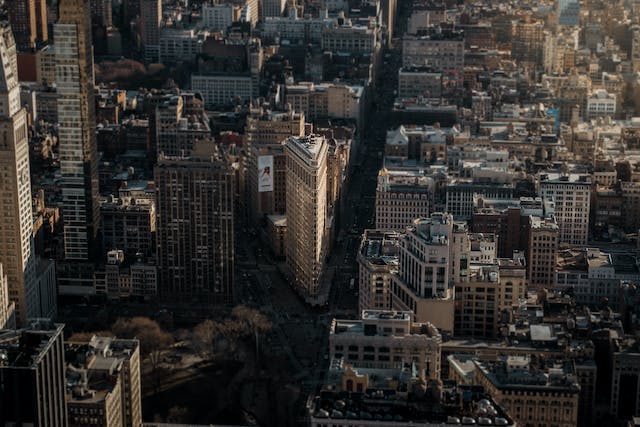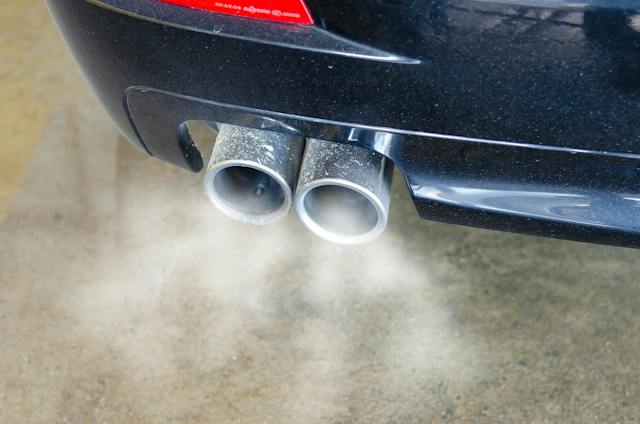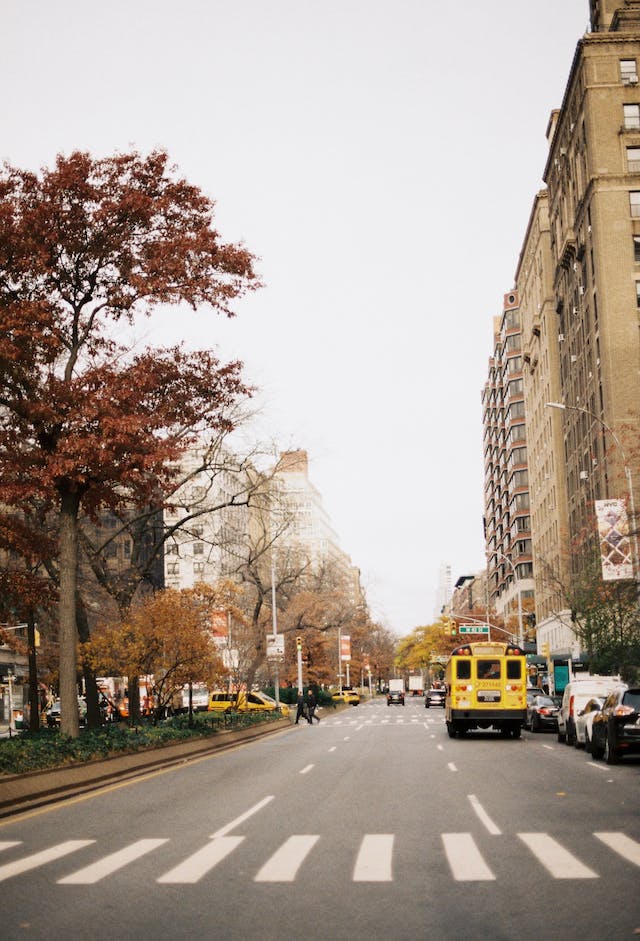Monthly Archives: November 2023
The Link Between Allergies and Sinusitis: Insights from NYC’s Best Allergist
 In this blog post, we’ll shed some light on the link between allergies and sinusitis. The hustle and bustle of New York City can be exhilarating, but for some residents, it also comes with the challenge of dealing with allergies and sinusitis. If you’ve ever wondered about the connection between these two conditions, you’re not alone.
In this blog post, we’ll shed some light on the link between allergies and sinusitis. The hustle and bustle of New York City can be exhilarating, but for some residents, it also comes with the challenge of dealing with allergies and sinusitis. If you’ve ever wondered about the connection between these two conditions, you’re not alone.
Allergies and Sinusitis: A Common Connection
Allergies and sinusitis are often interrelated and can exacerbate each other’s symptoms. Understanding this connection is crucial for effective diagnosis and treatment. Here’s how they are linked:
1. Allergic Rhinitis (Hay Fever)
Allergic rhinitis, commonly known as hay fever, is an allergic reaction to airborne allergens such as pollen, dust mites, pet dander, and mold spores. When you’re exposed to these allergens, your immune system releases histamines, which can lead to symptoms like:
- Sneezing
- Runny or stuffy nose
- Itchy or watery eyes
- Postnasal drip
- Coughing
The constant irritation of the nasal passages and sinuses due to allergic rhinitis can make you more susceptible to sinusitis.
2. Sinusitis
Sinusitis, also known as a sinus infection, occurs when the lining of the sinuses becomes inflamed and swollen. This can happen due to infections, allergies, or other irritants. Sinusitis symptoms can include:
- Facial pain or pressure
- Headache
- Thick nasal discharge
- Cough
- Fatigue
Allergies can contribute to sinusitis by causing inflammation in the nasal passages, obstructing drainage, and creating an ideal environment for bacterial growth.

Allergies and Sinusitis: Diagnosing and Treating the Connection
1. Allergy Testing
To address the link between allergies and sinusitis, Dr. Sneeze may recommend allergy testing. Identifying specific allergens that trigger your symptoms is crucial for effective management. Allergy testing can include skin prick tests and blood tests to pinpoint your sensitivities.
2. Allergen Avoidance
Once allergens are identified, Dr. Sneeze will provide guidance on allergen avoidance strategies. This may involve recommendations for reducing exposure to common allergens in your home and work environments.
3. Medications
Both allergies and sinusitis can benefit from medications. Allergy medications like antihistamines and nasal corticosteroids can help manage allergy symptoms. For sinusitis, antibiotics or decongestants may be prescribed to alleviate infection-related symptoms.
4. Immunotherapy
For long-term relief, immunotherapy (allergy shots) may be recommended. Immunotherapy gradually desensitizes your immune system to specific allergens, reducing your body’s overreaction to them and lessening the risk of sinusitis.
Link Between Allergies and Sinusitis: Contact NYC’s Best Allergist
If you’re experiencing the frustrating cycle of allergies and sinusitis, seeking expert guidance is essential. Dr. Boyan Hadjiev, MD, “Dr. Sneeze,” is NYC’s best allergist, specializing in the diagnosis and treatment of these conditions. Don’t let allergies and sinusitis disrupt your life in the city. Dr. Hadjiev is dedicated to helping you find relief and improve your quality of life. Schedule an appointment today.
Allergy, Asthma and Sinusitis P.C
Boyan Hadjiev, MD
30 East 40th Street
Suite 1200
New York, NY 10016
212-319-5282
Asthma Management in the City: Expert Advice from a NYC Allergist
Dr. Boyan Hadjiev, an NYC allergist renowned as “Dr. Sneeze,” offers expert advice on asthma management in the city that never sleeps. Asthma, a chronic respiratory condition that affects millions of people worldwide, can be particularly challenging to manage in a bustling metropolis like New York City. With its unique blend of environmental factors and urban stressors, NYC residents with asthma need specialized guidance to breathe easier.

The Urban Asthma Challenge
 Asthma is characterized by inflammation and narrowing of the airways, leading to symptoms such as wheezing, shortness of breath, coughing, and chest tightness. Living in New York City can exacerbate these symptoms due to several factors:
Asthma is characterized by inflammation and narrowing of the airways, leading to symptoms such as wheezing, shortness of breath, coughing, and chest tightness. Living in New York City can exacerbate these symptoms due to several factors:
- Air Pollution: NYC’s high population density and traffic contribute to increased air pollution, which can trigger asthma symptoms.
- Allergens: The city’s diverse environment contains various allergens, including pollen, mold spores, dust mites, and cockroaches, all of which can worsen asthma.
- Stress: The fast-paced, high-stress lifestyle of NYC can also have a negative impact on asthma control, as stress can trigger asthma exacerbations.
Asthma Management Tips
To effectively manage asthma in the city, consider the following expert tips from Dr. Sneeze:
 1. Develop an Asthma Action Plan
1. Develop an Asthma Action Plan
Work with Dr. Sneeze to create a personalized asthma action plan. This plan will outline your daily asthma management routine, including medication use, peak flow measurements, and steps to take in case of an asthma attack.
2. Identify Triggers
Identifying and minimizing exposure to asthma triggers is crucial. Dr. Sneeze can help you pinpoint your specific triggers through allergy testing and recommend strategies to reduce your exposure.
3. Medication Management
Follow your prescribed asthma medication regimen diligently. This may include daily controller medications and quick-relief medications for acute symptoms. Dr. Sneeze will tailor your medication plan to your individual needs.
4. Regular Check-ups
Schedule regular follow-up appointments with Dr. Sneeze to monitor your asthma control and make any necessary adjustments to your treatment plan. Asthma management is an ongoing process, and consistent care is vital.
5. Allergen Avoidance
Take steps to minimize exposure to common asthma triggers, such as pollen, dust, and pet dander:
- Use high-efficiency particulate air (HEPA) filters in your home.
- Keep windows closed during high pollen seasons.
- Use allergen-proof covers for pillows and mattresses.
- Address any water leaks or mold issues promptly.
6. Stress Management
Stress reduction techniques, such as mindfulness meditation, yoga, or deep breathing exercises, can help improve asthma control by reducing stress-related exacerbations.
Contact NYC’s Expert Allergist
 For comprehensive asthma management and expert advice tailored to your unique needs, reach out to Dr. Boyan Hadjiev, known as “Dr. Sneeze.” Dr. Hadjiev and his team are dedicated to helping NYC residents with asthma achieve optimal control and lead healthier, symptom-free lives. Take the first step towards better asthma management by scheduling an appointment today.
For comprehensive asthma management and expert advice tailored to your unique needs, reach out to Dr. Boyan Hadjiev, known as “Dr. Sneeze.” Dr. Hadjiev and his team are dedicated to helping NYC residents with asthma achieve optimal control and lead healthier, symptom-free lives. Take the first step towards better asthma management by scheduling an appointment today.
Allergy, Asthma and Sinusitis P.C
Boyan Hadjiev, MD
30 East 40th Street
Suite 1200
New York, NY 10016
212-319-5282
Serving all of New York City and the Tri State Area including Zip Codes: Top Allergist NYC Midtown, Chelsea and Clinton: 10001, 10011, 10018, 10019, 10020, 10036 | Gramercy Park and Murray Hill: 10010, 10016, 10017, 10022 | Greenwich Village and Soho: 10012, 10013, 10014 | Lower Manhattan: 10004, 10005, 10006, 10007, 10038, 10280 | Lower East Side: 10002, 10003, 10009 | Upper East Side: 10021, 10028, 10044, 10128 | Upper West Side: 10023, 10024, 10025
